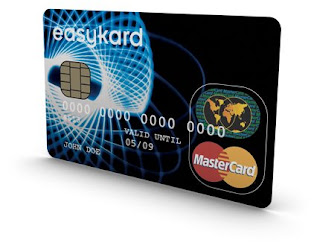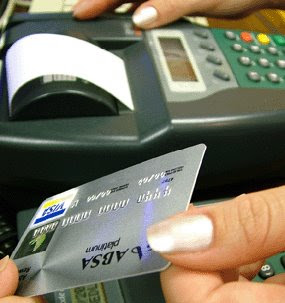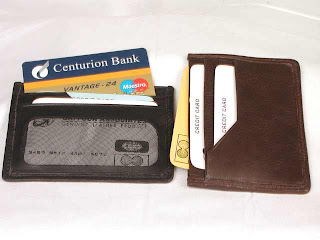 A good credit repair book will provide you with many tips and secrets about how to repair your credit and improve your credit score. Credit repair is not an intuitive subject. There is no need to pay for a credit report or pay someone to give you information because you are the only one that can repair your bad credit. A credit repair book is filled with many small things that you can start doing right now to get you well on the way to having a good credit score.
A good credit repair book will provide you with many tips and secrets about how to repair your credit and improve your credit score. Credit repair is not an intuitive subject. There is no need to pay for a credit report or pay someone to give you information because you are the only one that can repair your bad credit. A credit repair book is filled with many small things that you can start doing right now to get you well on the way to having a good credit score.Armed with a good credit repair book, you will learn how to get your free annual credit report. Under the law you are entitled to receive one free report each year from each of the 3 major credit bureaus. A book will also tell you how to read this report to find out what your credit score is. It will give you practical tips to improve your credit score that you can start using right away.
You can order the credit repair book right from our site. Your search for credit repair tips is over because this book has everything you need. Find out the tips to improve your credit score by finding out what a debt consolidation loan can do for you. Creditors look favourably on this type of loan and when you use the money to pay off your bills, the monthly payment you have is usually lower than the others were when combined.
You won’t believe what a difference a good credit score will make when you apply for another loan. One thing that the credit repair book will tell you is that credit repair tips are not a quick fix for bad credit. This means that you won’t see a remarkable difference in your credit score overnight. However, with time you will see that the tips to improve credit score really do work.
If you get the credit repair book right now and get started using the credit repair tips it contains, when you request your free credit report next year, you will be pleasantly surprised. The tips to improve a credit score will show you ways of doing your own credit repair that you probably never even thought of. The credit repair book will give you painless tips to help you get better credit and better interest rates the next time you apply for a loan.

 The following article lists some simple, informative tips that will help you have a better experience with Credit Card Companies.
The following article lists some simple, informative tips that will help you have a better experience with Credit Card Companies.




 How many times have you taken out a credit card based purely on its current interest rate or balance transfer option?
How many times have you taken out a credit card based purely on its current interest rate or balance transfer option?





